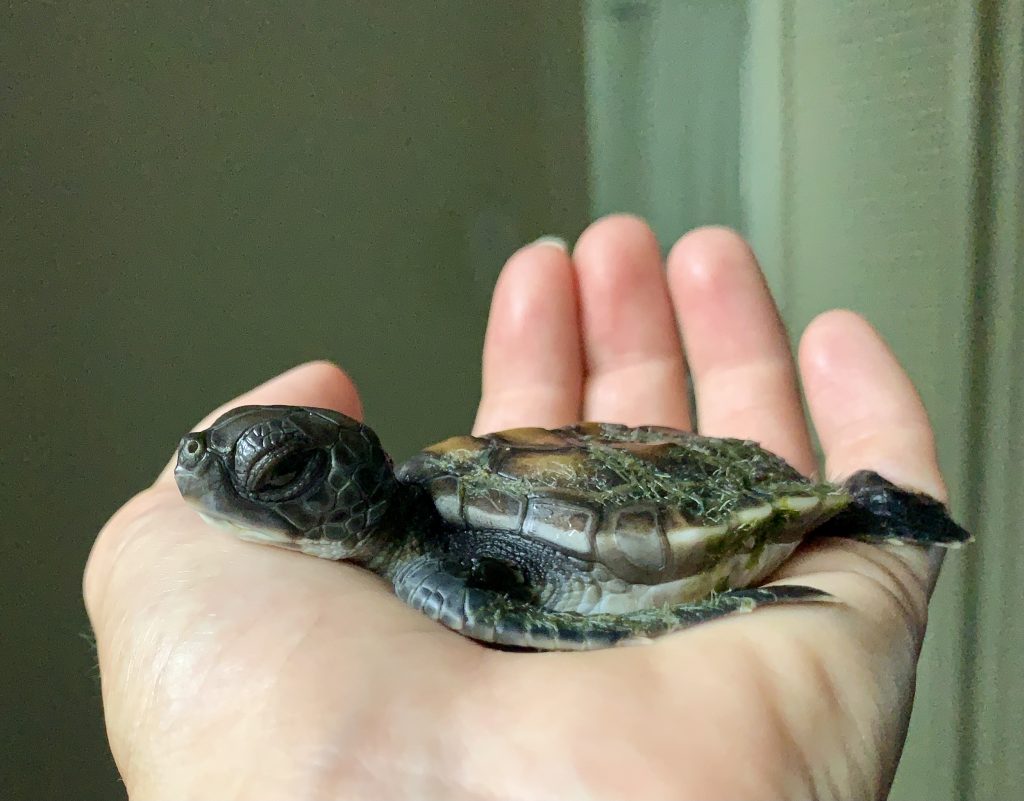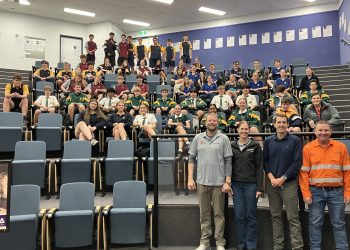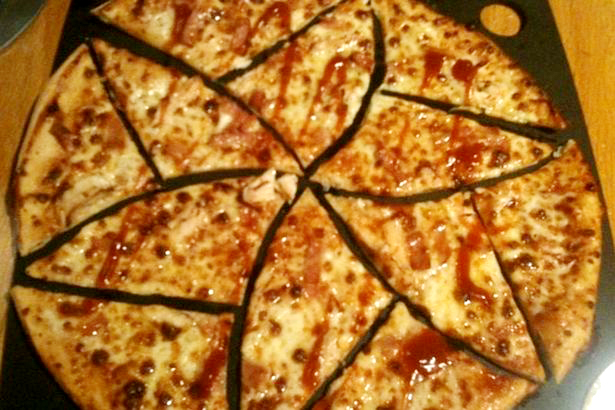RESIDENTS are being urged to reduce their plastic consumption to save it from ending up in our ocean and being consumed by local marine life.
Want to read the full article?
Subscribe today to get full access!
Subscribe Now
Subscribe to support local journalism get unlimited access to all Gladstone News content!Already subscribed?
Login to your account via the main menu.
























